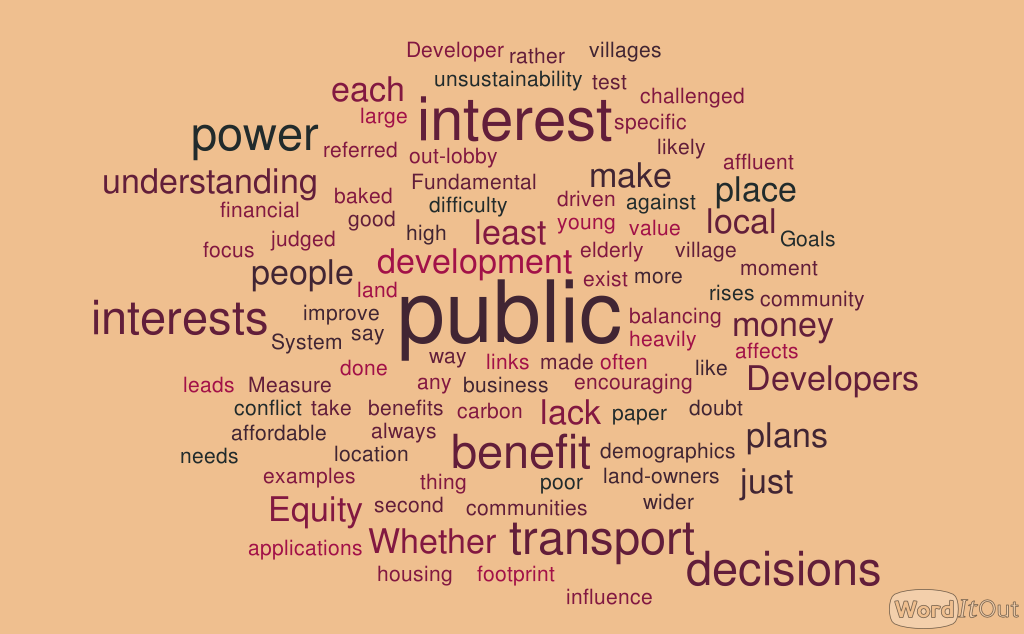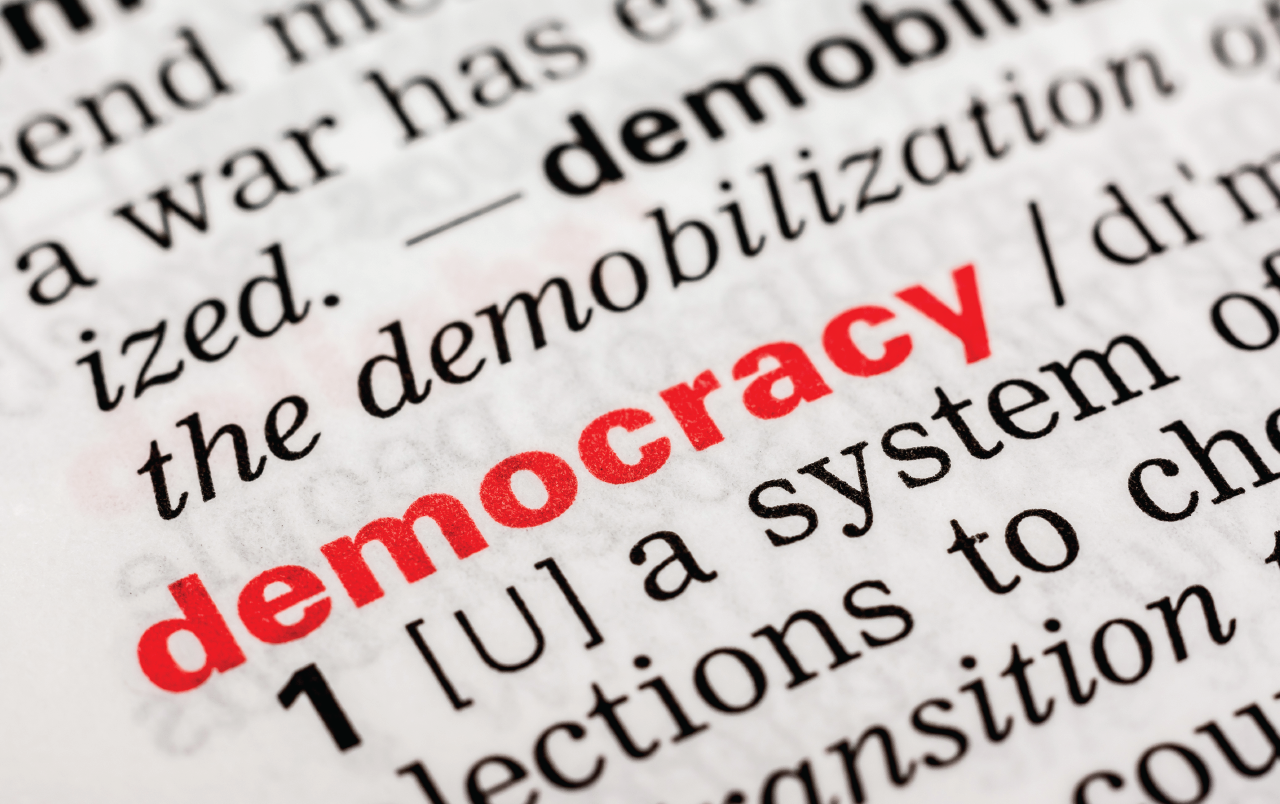Editorial
In a democratic system, different groups like lawyers, judges, politicians, the executive, and the defacto want to influence the legal system to benefit themselves. Lawyers, judges, and bar associations wish for a robust legal system to protect their interests and ensure their relevance to the power system. Politicians want the legal system to support their political goals. The executive, including elected officials and bureaucrats, may want control over the legal system to implement policies smoothly and protect their own interests. However, the public’s desire for a legal system free from political, judicial and executive influence is a crucial aspect, where the law is upheld fairly, rights are protected, and justice is ensured.
The big question is: What kind of legal system does the public want? Ideally, the public wants a legal system that is easy to access, efficient, transparent, accountable, and, most importantly, diverse. This means that courts should be open to everyone, cases should be resolved fast, court proceedings should be open to the public, judges should be accountable for their decisions, and the legal system should reflect the diversity of the people it serves, ensuring everyone feels included and represented.
Pl, subscribe to the YouTube channel of republicpolicy.com
However, the road to these ideals is not without significant challenges. Balancing the interests of the legal system, government, and executive is a complex task, and political interference can severely undermine the legal system’s independence. Maintaining public trust in the legal system is also a critical factor, and any hint of bias or corruption can significantly erode the rule of law. These challenges underscore the urgency and importance of our collective efforts to ensure a fair and independent legal system.
Therefore, the ideal legal system is one that is both independent and accountable, serving the public’s interests. Ultimately, the public should have the final say in determining the legal system’s nature and function. This underscores the power and responsibility that each individual holds in shaping the legal system. Lastly, a representative government can only initiate such judicial reforms, protecting the public interest over judicial, political and executive interests.















